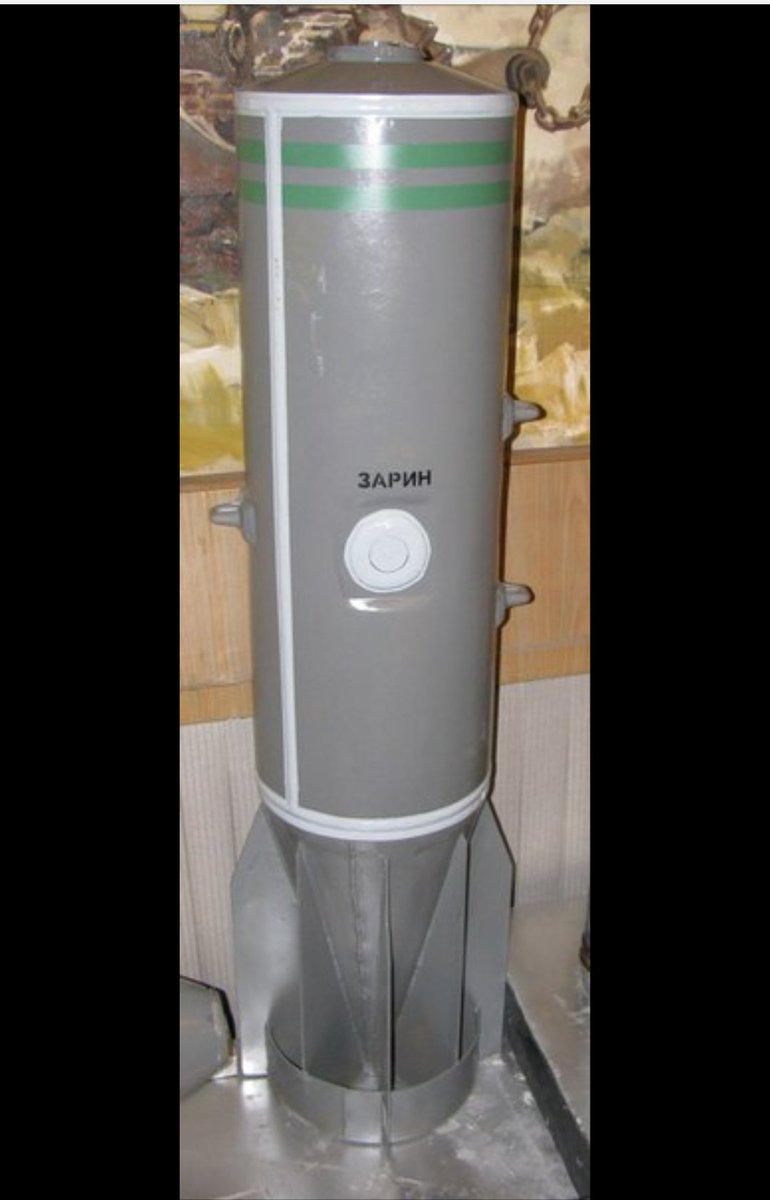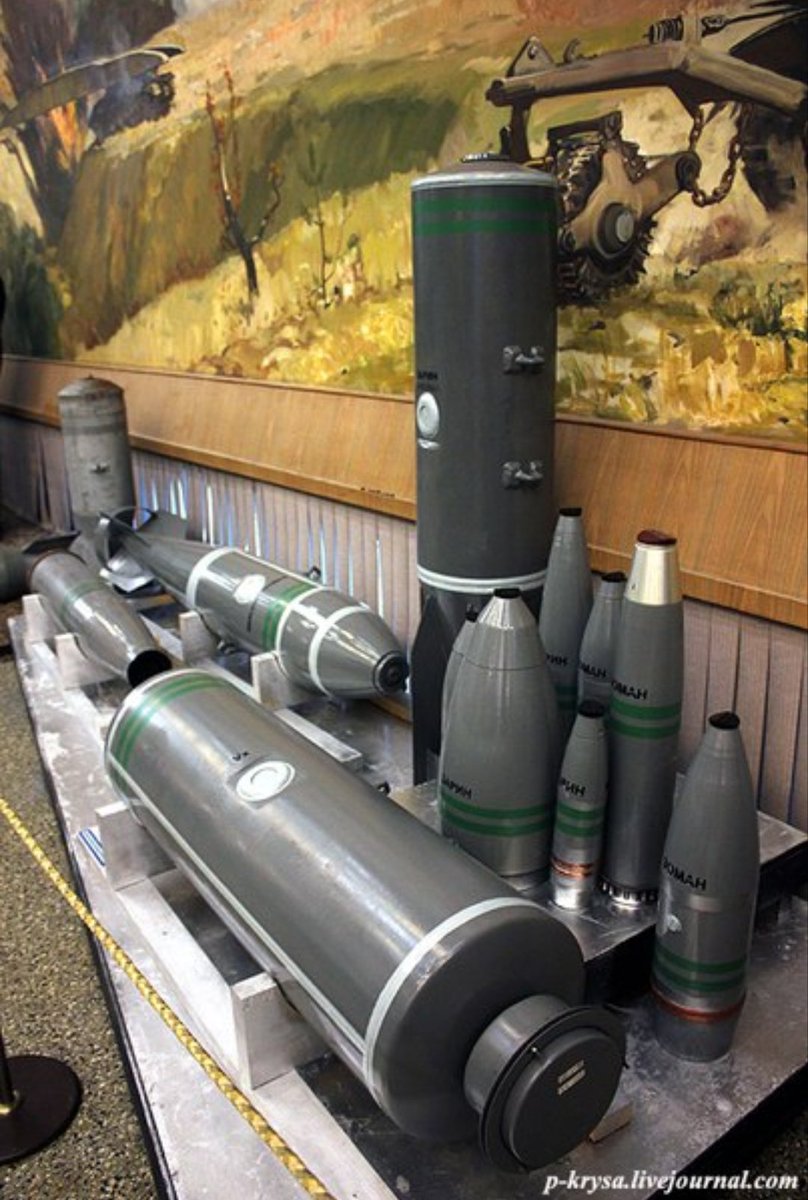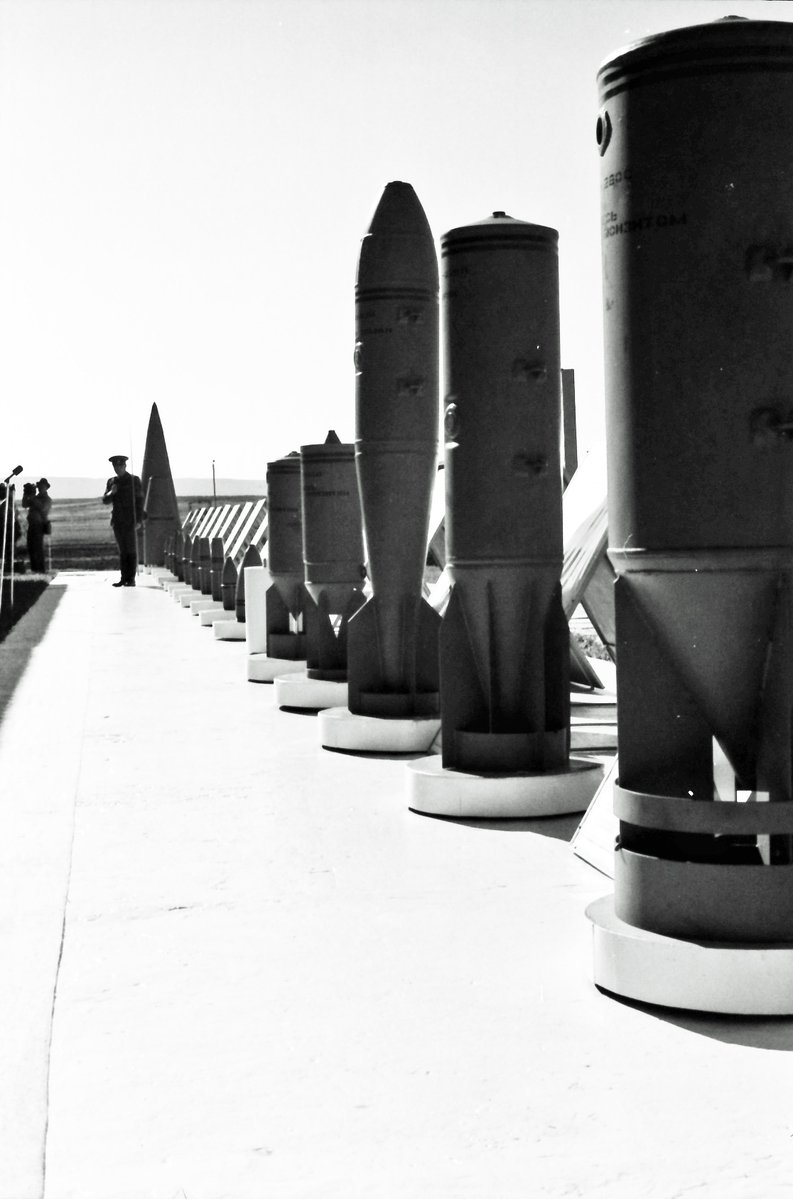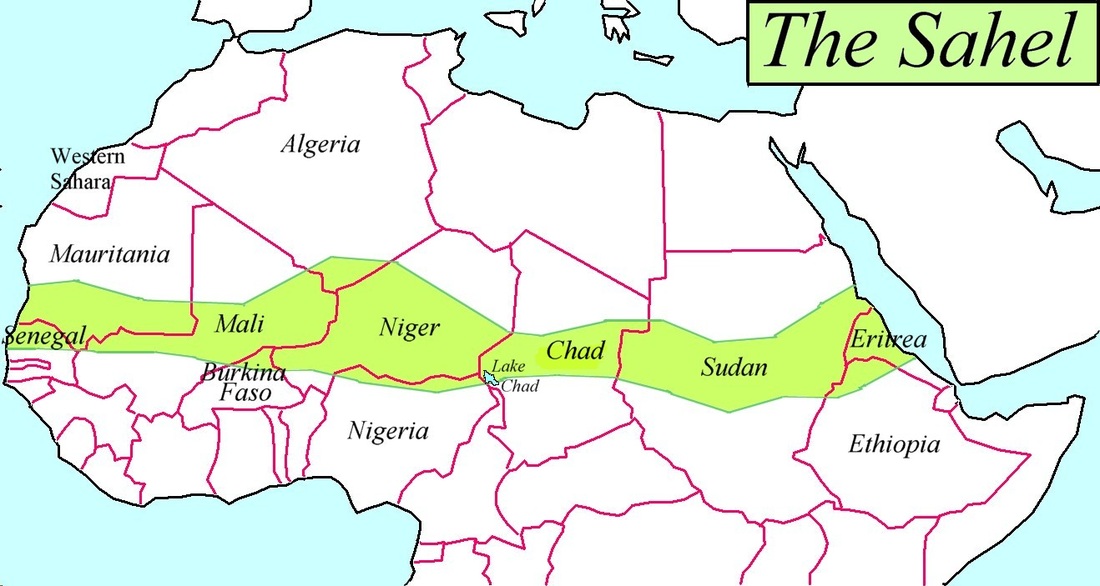This is how CBS reported the protests over the weekend at Berkeley.
So, these protestors cover their faces, they are in fact recruited and the pool of students highly agree on issues like being anti-American. pro-globalism and anti-war. It was taught to them in public education beginning as early as Kindergarten. (by the way, ‘kindergarten’ is a German word).
So, what is the point here? Read this summary as a primer.
Students enrolled in the International Baccalaureate program are taught they are elitists and exceptional over other student programs such at Advanced Placement.
High schoolers who have embraced IB’s global educational philosophy can elect to earn an IB diploma, which is recognized by colleges around the world.
IB is primarily an international program – there are nearly 4,000 IB schools in close to 150 countries, according to the program’s website.
Notable alumni (per Wikipedia)
- Justin Trudeau, Prime Minister of Canada, Leader of the Liberal Party of Canada, IB Diploma of the Collège Jean-de-Brébeuf in 1991.[17]
- Princess Raiyah bint Al Hussein, daughter of King Hussein and Queen Noor of Jordan, graduate of the United World College of the Atlantic
- Douglas Alexander, British Labour party Politician and current Shadow Secretary of State for Foreign Affairs, graduate of the Pearson College UWC in Canada
- Willem-Alexander, Prince of Orange, King of the Netherlands, graduate of United World College of the Atlantic[18]
- Gael García Bernal, actor, graduate of the Edron Academy
- Marina Catena, Director of the United Nations World Food Program, graduate of UWC Adriatic
- Marina Diamandis, British musician and pop artist, who took the diploma in Greece
- Anne Enright, 2007 Man Booker Prize award winning novelist, first Irish Laureate for Fiction and graduate of Pearson College UWC
- Randa Abdel-Fattah, author, graduate of the Australian International Academy.
- Alex Honnold, American professional rock climber, graduate of Mira Loma High School
- Akihiko Hoshide, astronaut, graduate of the United World College of South East Asia
- Ken Jennings, holds the record for the longest winning streak on the U.S. syndicated game show Jeopardy!, graduate of the Seoul Foreign School
- Kim Jong-Chul, son of Kim Jong-Il, and brother of dictator of North Korea, attended International School of Berne, Switzerland
- Sonam Kapoor, Bollywood actress, daughter of Anil Kapoor, graduate of the United World College of South East Asia[19]
- Robbie Kay, actor (Pirates of the Caribbean: On Stranger Tides, Once Upon a Time), graduate of the British School of Houston
- Kesha,[20] American singer
- Karen Mok, Hong Kong-based actress and singer-songwriter, attended UWC Adriatic
- Dustin Moskovitz, co-founder of Facebook, graduate of Vanguard High School
- Mohamed Nasheed, President of the Maldives, attended Overseas Children’s School (now Overseas School of Colombo), Sri Lanka
- Lupita Nyong’o, Kenyan actress, (12 Years a Slave, Academy Award for best supporting actress 2014), graduate of St. Mary’s School, Nairobi
- Jorma Ollila, former CEO of Nokia, graduate of the United World College of the Atlantic
- Ignacio Padilla, Mexican novelist and short story writer, graduate of Waterford Kamhlaba United World College of Southern Africa
- Julie Payette, astronaut, graduate of the United World College of the Atlantic[21]
- Hege Solbakken, CEO of Offshore Media Group, graduate of Bergen Katedralskole
- Sarah Tan, Channel V VJ, graduate of the United World College of South East Asia
- Toby Turner, YouTube star and actor on The High Fructose Adventures of Annoying Orange, graduated from Niceville High School in Florida[22]
- Abiodun Williams, President of The Hague Institute For Global Justice, graduate of Pearson College UWC
***
Related reading: International Baccalaureate Undermines U.S. Founding Principles
It’s time to re-affirm our founding and end the use of taxpayer funds for the IB program.
In the United States, criticism of the IBDP has centered on the vague claim that it is anti-American, according to parents anonymously quoted in The New York Times, who objected to the program’s funding from UNESCO in its early years. The base cost is considered to be higher than other programs.[81] In 2012, the school board in Coeur d’Alene, Idaho, voted to eliminate all IB programmes in the district because of low participation and high costs.[83]
UNESCO, a United Nations division is in charge of your child’s education and is that okay with you?
Its declared purpose is to contribute to peace and security by promoting international collaboration through educational, scientific, and cultural reforms in order to increase universal respect for justice, the rule of law, and human rights along with fundamental freedom proclaimed in the United Nations Charter.
Although controversial, UNESCO’s aim is “to contribute to the building of peace, the eradication of poverty, sustainable development and intercultural dialogue through education, the sciences, culture, communication and information”. Other priorities of the organization include attaining quality Education For All and lifelong learning, addressing emerging social and ethical challenges, fostering cultural diversity, a culture of peace and building inclusive knowledge societies through information and communication.
So, read deeper on this as a summary white paper gives you great help on the topic and further explains just what is happening in education and the genesis of the willing demonstrators we see across college campuses today. Thanks to the ‘Truth about IB’ for all the years of hard work, research and truth.










